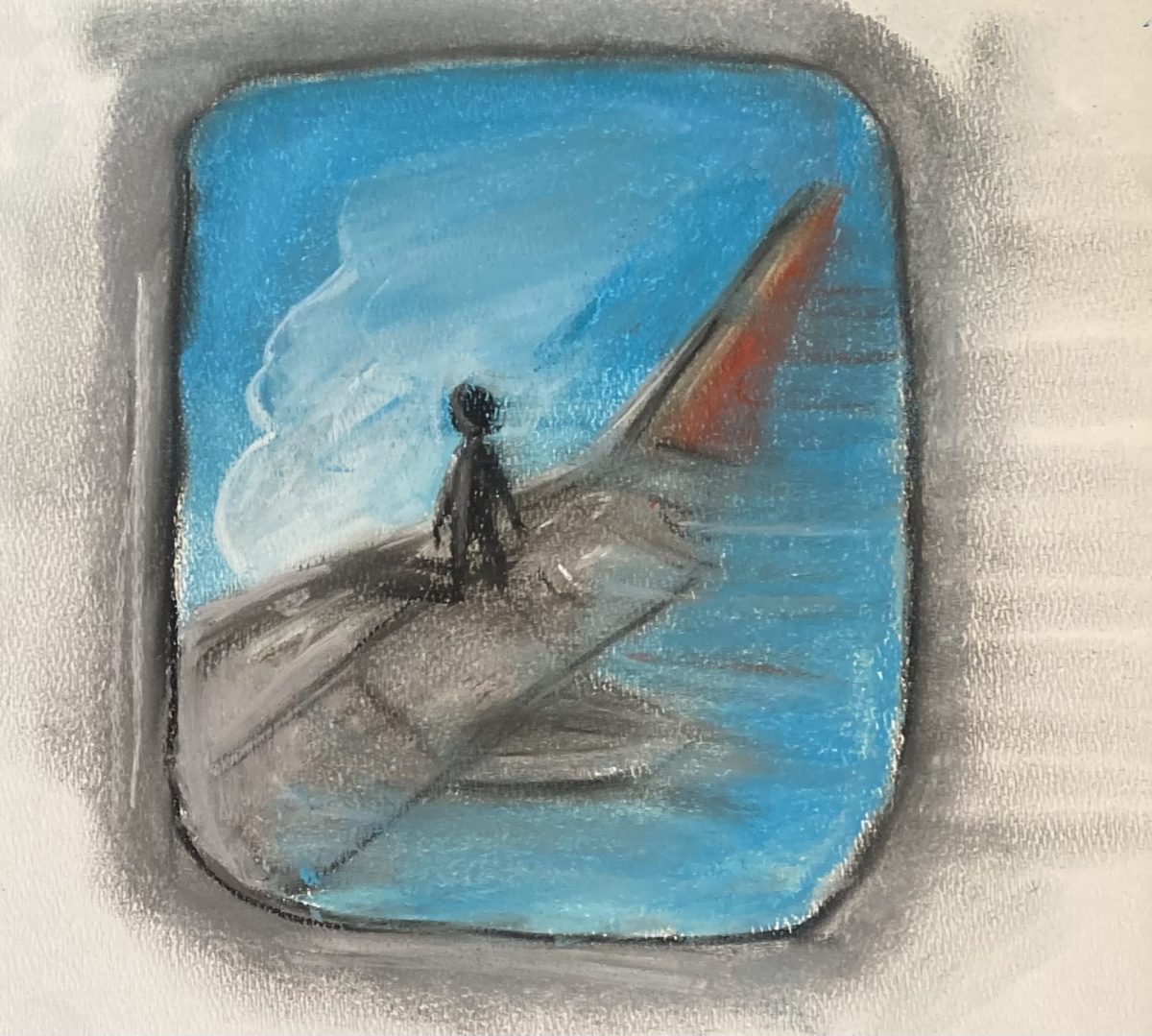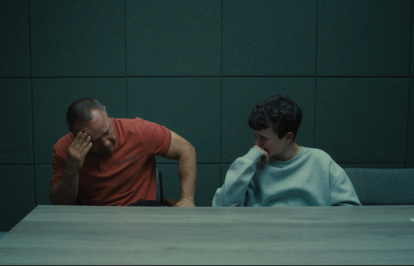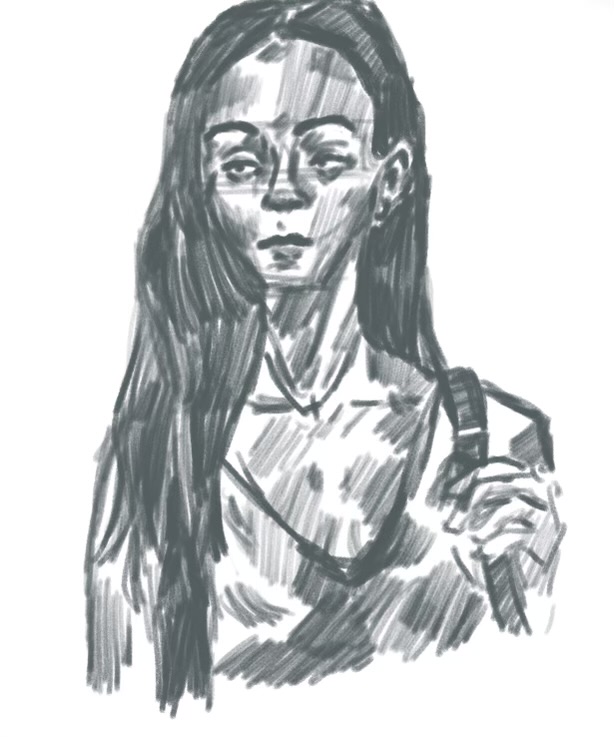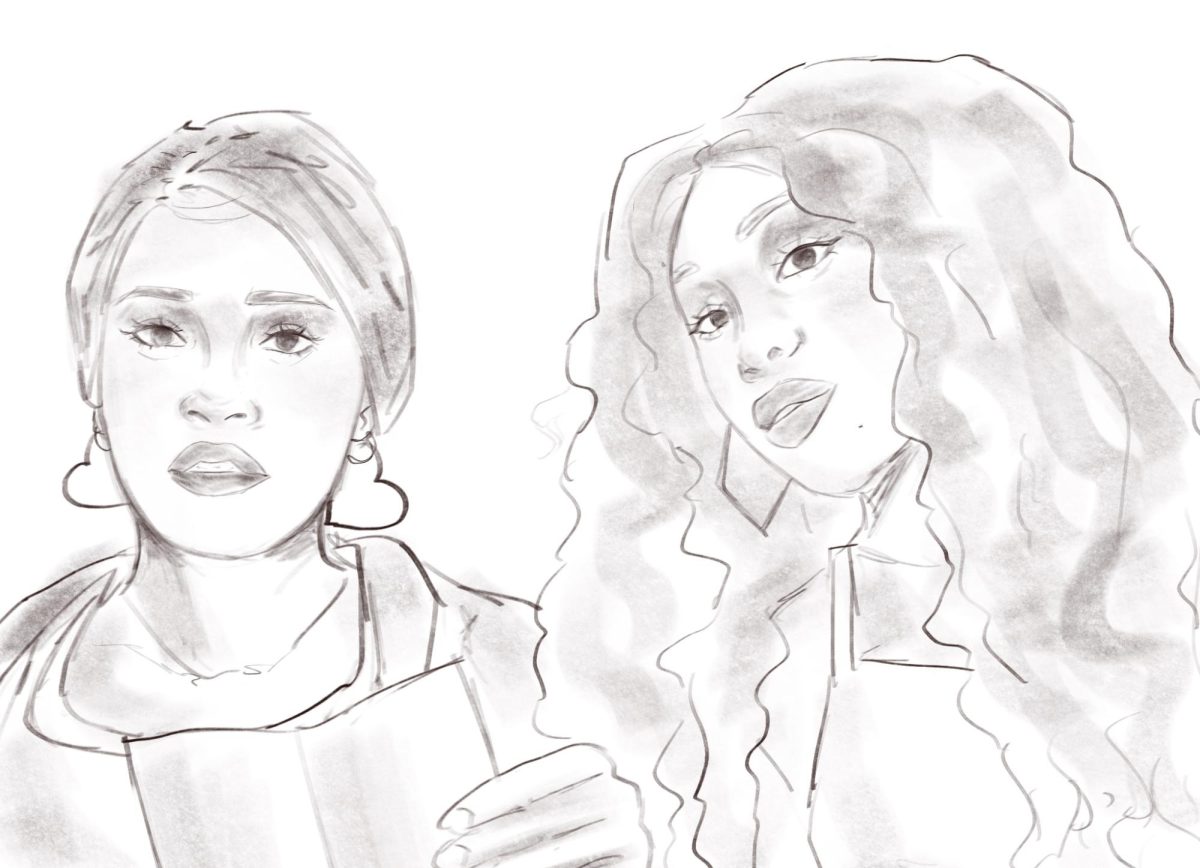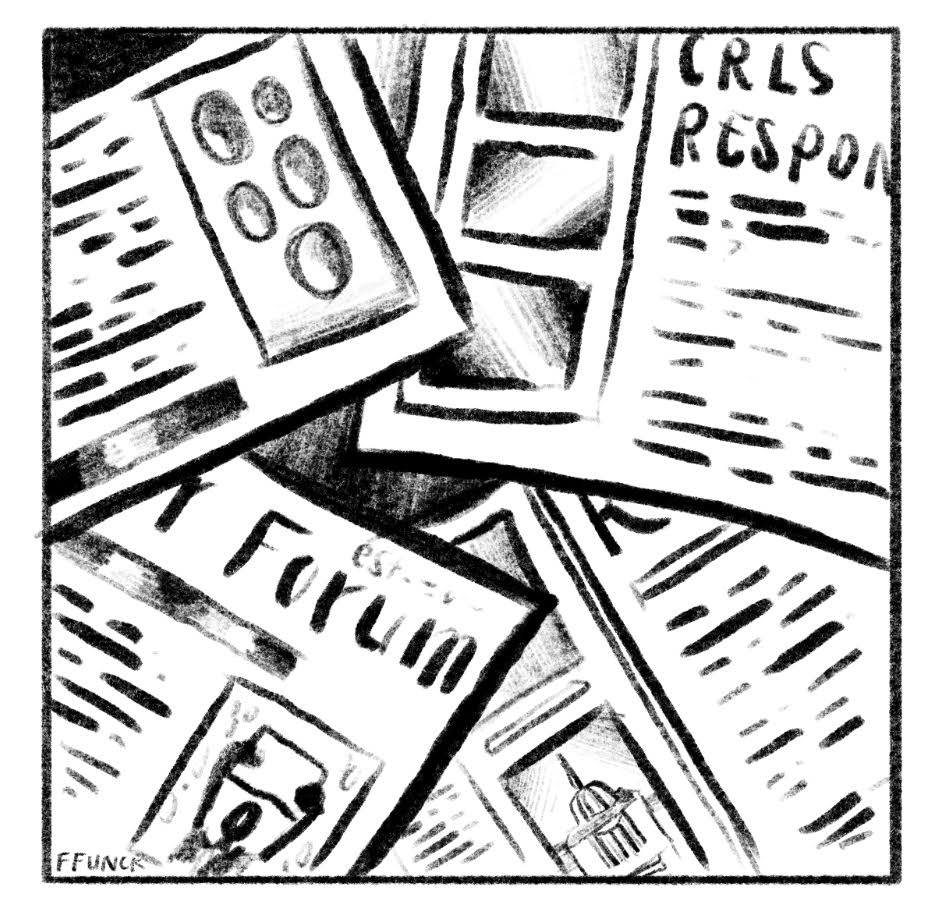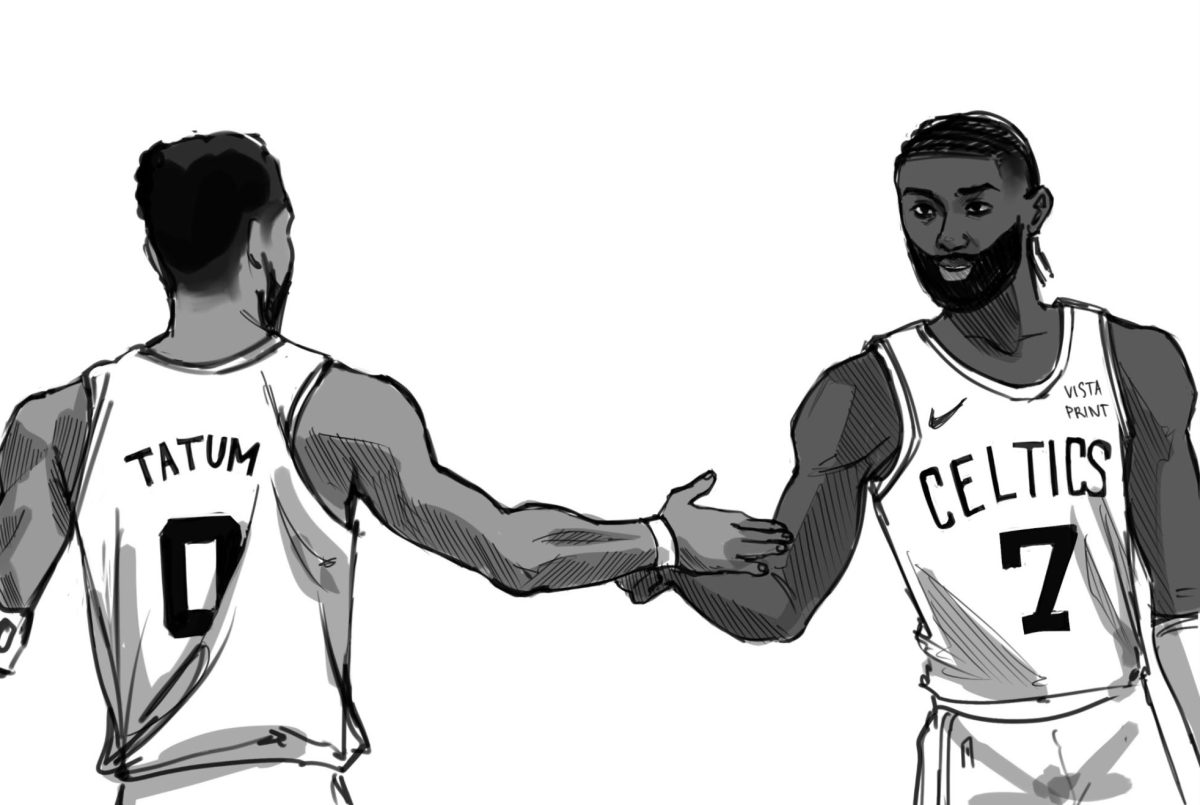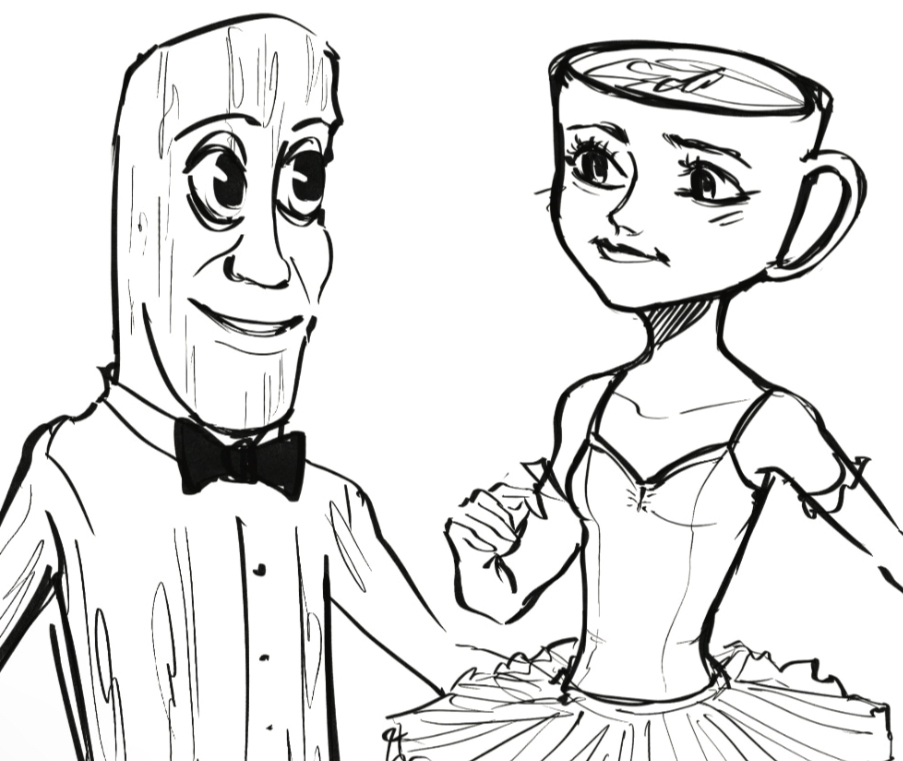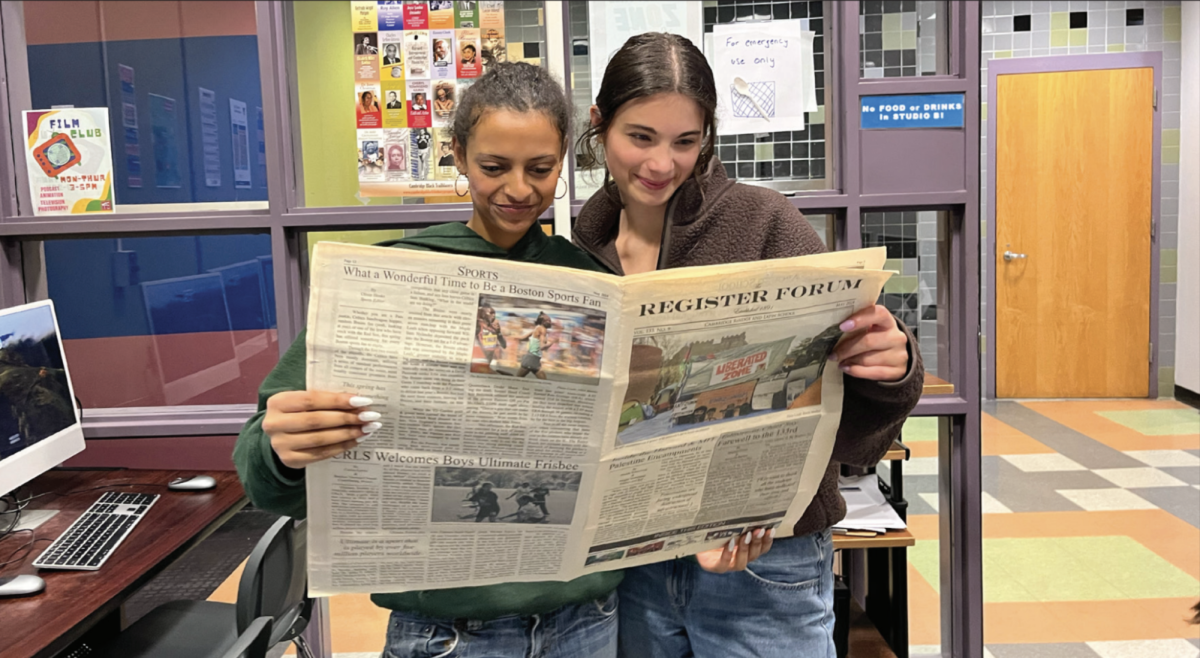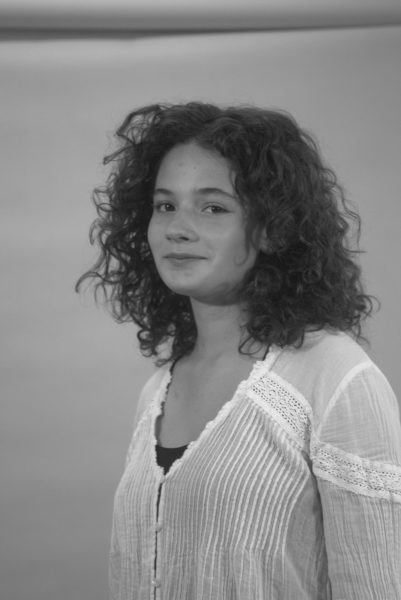Despite Anora’s release in October, the film is facing a new wave of fans and critics after sweeping the 2025 Oscars. The director, Sean Baker, took home four Oscars, including Best Picture. Mikey Madison, who plays the lead character Anora, earned Best Actress for her breakthrough role. These accolades are among countless others, so ultimately, it all came down to the highest honor of all: Falcon approval. I had to investigate.
The film starts strong, following Anora, or Ani as she prefers, who works at a strip club in Brooklyn. As the opening credits roll, Ani surveys clients, gives dances, and takes a smoke break outside with a friend.
The film is both written and directed by a man, but to my surprise, the script and creative direction captured Ani honestly rather than falling to a dominant male perspective. Baker doesn’t shy away from what Ani does and vividly captures the scenes and dynamics of a strip club, but these scenes don’t overpower who she is. The concept and execution of her character combat the idea that virtue and sex work are mutually exclusive. Mikey Madison displays an incredible understanding of Ani, both contradicting and completely separate from stereotypes.
The first night we meet Ani, she meets Ivan. He’s 21, and although he’s probably the youngest guy at the strip club, he’s definitely the wealthiest. She gives him her number, and he begins to pay her regularly. They develop something different from what Ani has with the rest of her clients: he’s close to her in age, and two weeks after they meet, they elope in Vegas. The film truly takes off from there. To put it simply, he is her ticket out, but Baker avoids the gold digger stereotype. The plot isn’t as simple as her using him for his money. Viewers see how she’s intoxicated on this idea of their future together, however unrealistic. Ani surrenders herself to Ivan’s world, in part to his money but also his attention.
Viewers aren’t made to pity Ani, but the film illustrates the economics of the situation and why one goes into sex work in the first place. Ani is powerful, but her work is not necessarily empowering in itself—and when given a winning lottery ticket at a new life, she takes it. Most of the film takes place over about 36 hours in a wild goose chase where Ani is essentially held captive by two goons. It’s fast-paced and over-the-top at times, which makes the few sullen moments make a lasting impression, especially at the end of the film. I had expected an overly complicated, brooding, indie film. But amidst the heavy topics, it was hilarious.
Anora’s stunning visuals, layered character, and the actors’ commitment to their characters create a vivid world that both enchants viewers and leaves them thinking for weeks after. I expect Anora to be remembered for decades, not only for its creative and technical feats but also as a cultural step forward in its depiction of sex work.




